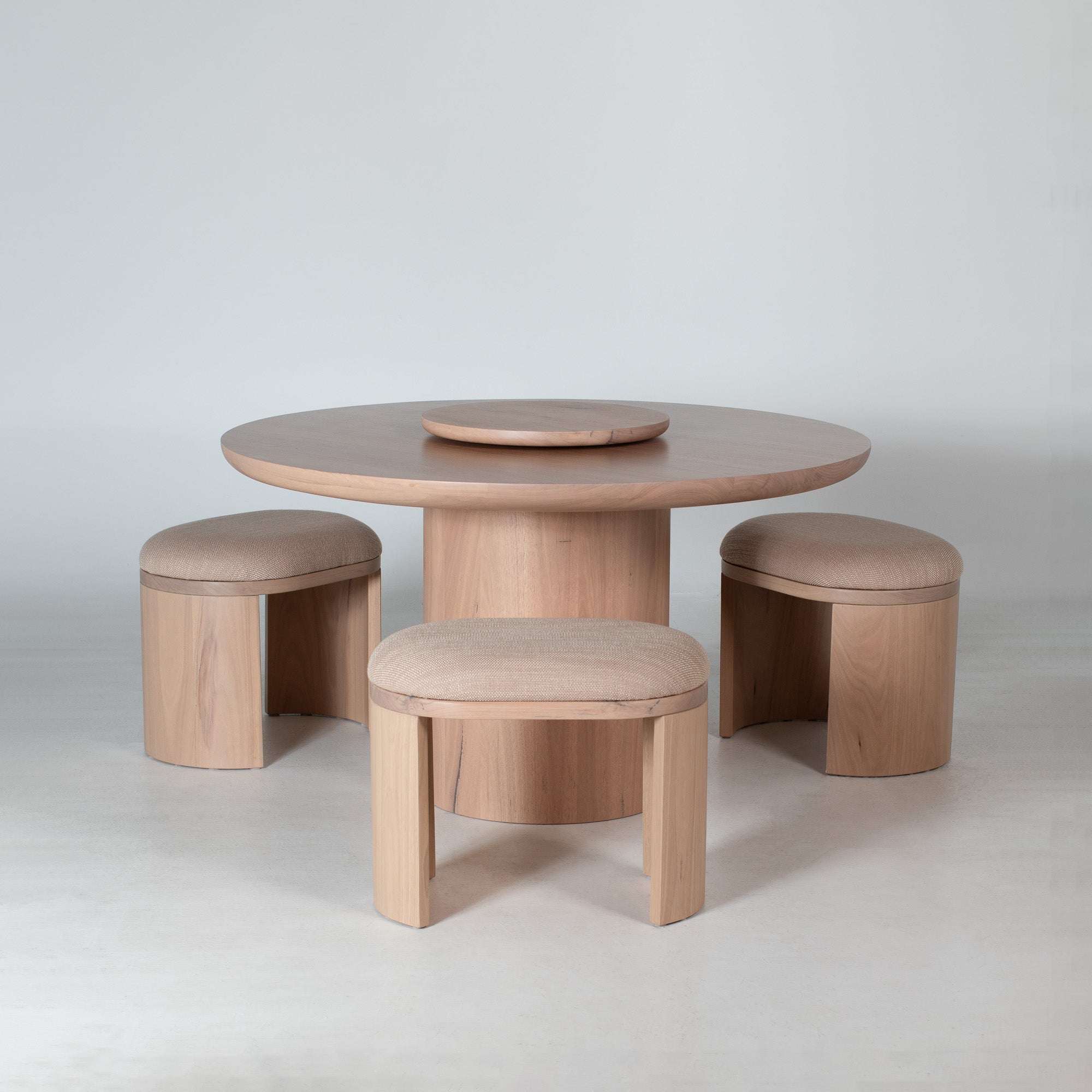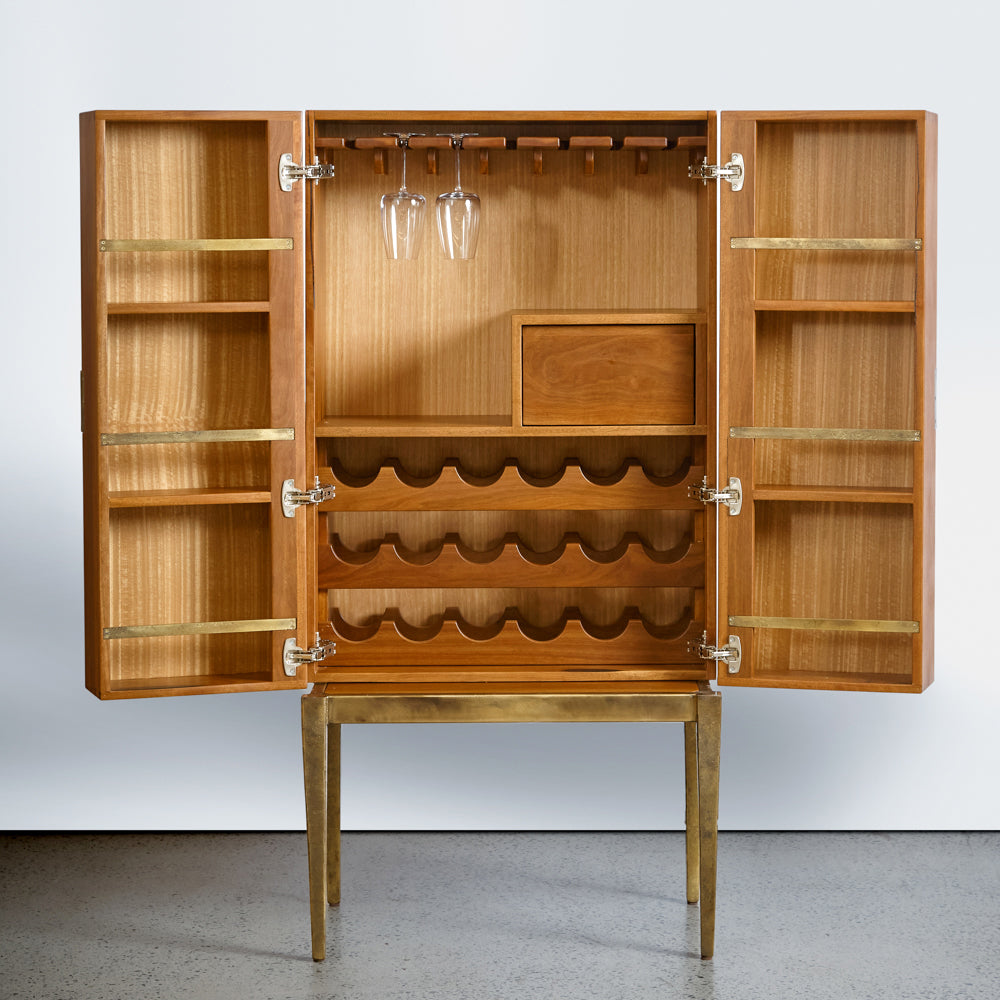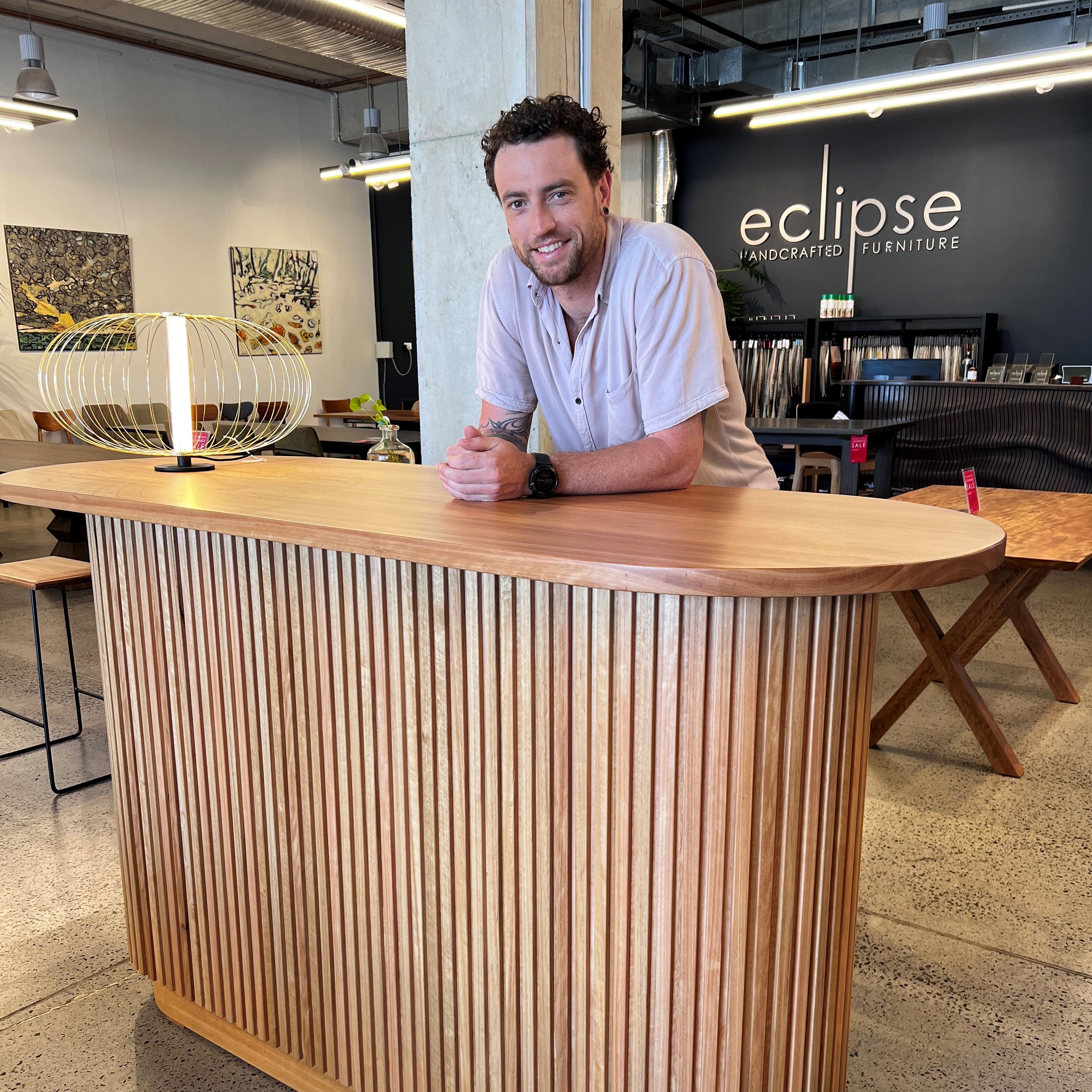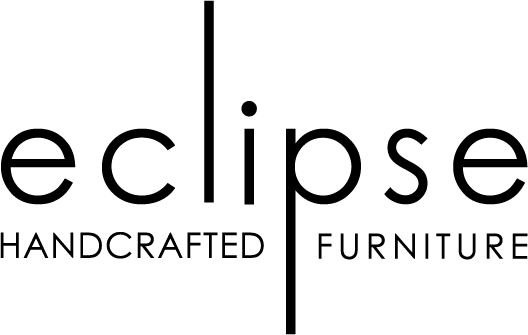Wabi Sabi Philosophy
Our focus in more recent times has moved towards the architect and designer market where our vast experience and high skill level puts us in good stead to accommodate this more professional end of the market. In so doing the grade of the timbers we use has shifted more towards the higher grades that have less 'imperfections'. That said though, we still have a strong affinity with the very old Japanese ideology called Wabi Sabi because our love and appreciation for 'imperfect' timbers that often contain a visual record of that tree's life. Gum veins for example are seen as a result of that tree being exposed to a bush fire at some point in its life. Other markings might indicate where insects were living within the tree. Prior to around 30 - 40 years ago timbers like this were regarded by the industry as being almost worthless but thankfully these days many consumers are leaning more towards timbers that have these 'character' markings and 'imperfections' and which also have a name, they're called 'natural features' and the grade of timber is called 'feature grade timber'.
In recent times we have seen some timber suppliers actually charge more for feature grade timbers which is obviously a big and welcome shift from quite a few years ago because it means that the timbers across the grades now have higher value, not just select grade timbers. Now days we have a foot in all camps as far the type of look we can provide in furniture, it ranges from the select grades right through to very old recycled timbers that many would see as being only good for firewood or landfill.
Wabi Sabi can be described in many ways and it can relate to many different things. Here is one of the better descriptions of Wabi Sabi found online recently;
"Wabi Sabi is the Japanese art of finding beauty in imperfection and profundity in nature, of accepting the natural cycle of growth, decay and death. It's simple, slow, and uncluttered and it reveres authenticity above all. It celebrates cracks and crevices and all other marks that time, weather, and loving use leave behind. It reminds us that we are all transient beings on this planet- that our bodies as well as the material world around us are in the process of returning to the dust from which they came."
- Wabi Sabi Concept
BEAUTY IN IMPERFECTION
Wabi Sabi recognises and an appreciates character and uniqueness over a shiny and false façades. It's very much tied in with the reasons why so many people love to buy antiques or furniture that has had many years of use, or interesting old bric a brac; these items ooze of history. It's also tied in with the recent look in fashion where some clothes have a very worn look when brand new. Many of us can relate to owning a favourite pair of old jeans that have a few holes here and there or shaggy bits hanging off them, they are treasured far more than a new pair.
IMPERFECT CHARACTER
Our strong connection with and love of the Wabi Sabi concept is clearly evident in many of our pieces of furniture. We love making furniture from wood that has 'imperfections' and character so that the item that is being created from it has character. We celebrate imperfections in wood by highlighting them. We source our timbers from trees in our rural landscape that have been blown over in a windstorm or have had to be legally removed from a rural or urban environment. Many of these trees have had a very tough life in a harsh environment. This is evidenced in the wood within the tree that we use to make furniture from, the tree might have been living for 400 to 500 years or more and has witnessed so much in that time. Or the timber we use might be recycled from an old building somewhere. Recycled timber often has a combination of natural imperfections and what we call recycled character such as nail and bolt holes. We leave as much of this character in the piece being created as is practical to allow. In other words we don't leave big open cracks or holes in the top where fluids can run into nor do we leave a rough texture on the surface.
How can we help?
-

Available Stock
See MoreView our range of solid timber furniture designs. Available now with no production lead time.
-

Customise our Furniture
Browse CollectionsFine-tune any of our furniture to your specific needs. Including size, shape & finish. 6-12 week lead time.
-

Bespoke Design
Learn MoreBring us an idea, our Design Team will create a concept, then our Master Craftsmen make it a reality.
Subscribe to our emails
Be the first to know about new collections and exclusive offers.



